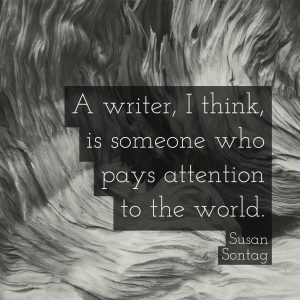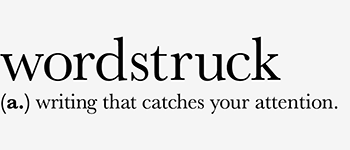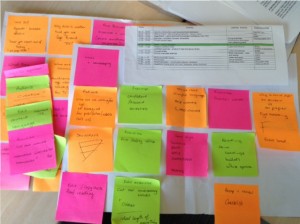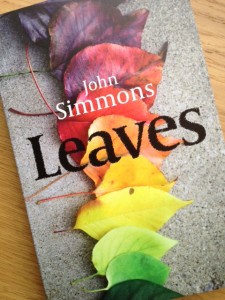As a writer and trainer, I’m always keen on learning new things, that I can pass on to the people who come to my writing workshops or just to keep my own interests and knowledge up to date.
Here are a few things I’ve learned recently:
Simple visuals using Adobe Spark
 HypeStar provide training in digital and social media from their base in the North East, and are very generous in sharing some great hints and tips on their blog. That’s where I learned about Adobe Spark – a free tool to create graphics and simple video animations. Check out HypeStar’s simple guide to Adobe Spark and give it a try yourself:
HypeStar provide training in digital and social media from their base in the North East, and are very generous in sharing some great hints and tips on their blog. That’s where I learned about Adobe Spark – a free tool to create graphics and simple video animations. Check out HypeStar’s simple guide to Adobe Spark and give it a try yourself:
https://www.hypestar.uk/make-stunning-visuals-videos-adobe-spark/
This has been a great way for me to add some visual appeal to some of my Twitter and facebook posts. A professional designer can create something more creative and stand out for your business, but for a quick post, I think this is a great tool.
How to avoid deleting shared files when using Dropbox
I picked up some more tips from technical writer John Espirian, including this reminder about the rules of dropbox sharing.
I’m starting to work with a client using Dropbox at the moment, so this was a very useful and timely reminder.
Contender for word of the year
I love a good discussion about words, so I always enjoy seeing what The Writer has to say in their email newsletter. They’re making an early prediction about the word of the year in 2017.
I also enjoyed hearing how paying attention to language helped turn customer experience from bad to good for games company EA on their podcast. You can listen to it on iTunes and on everything else.
The black hole of Calcutta was a real place
Finally, Lucy Worsley always does a great job of engaging me with stories from history. I’ve really enjoyed the series of British History’s Biggest Fibs, and this week I learned about the origin of the phrase ‘the black hole of Calcutta’. Watch it again on BBC iPlayer.
I really appreciate it when people share their interests and knowledge and add to mine. Is there anything you’d like to know more about in the realms of copywriting and business writing?



